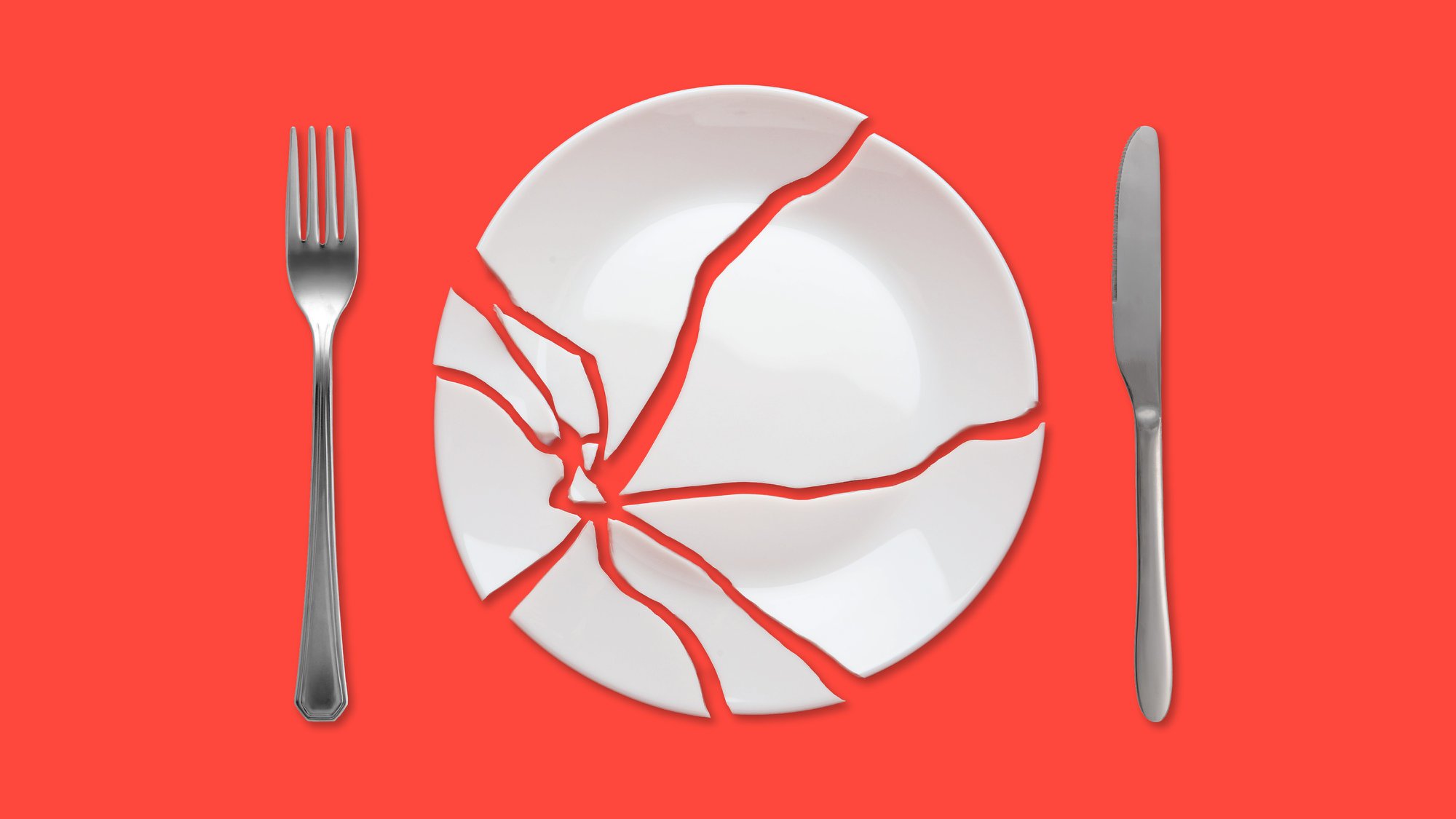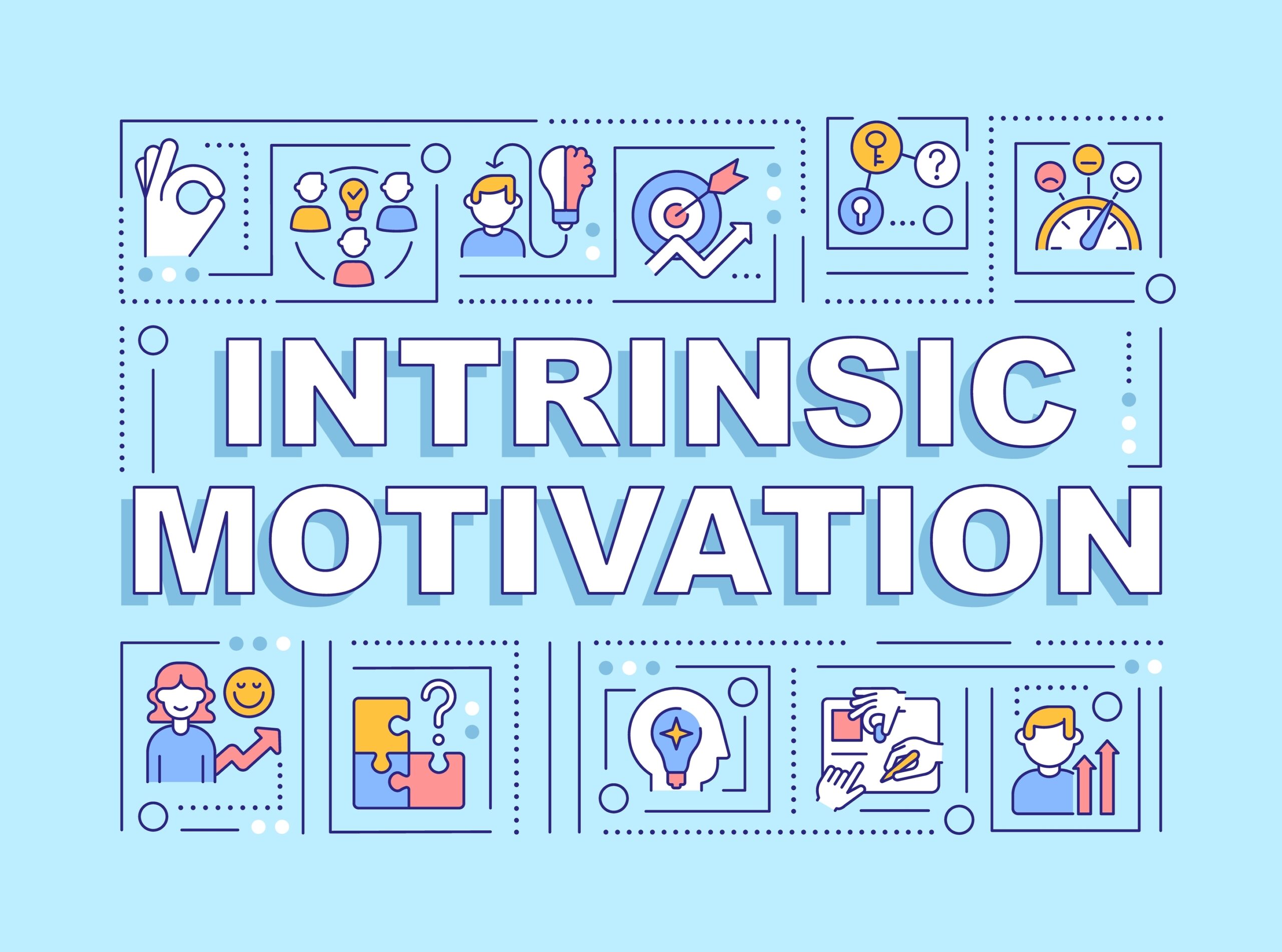Top Tips for Creating a Culture of Appreciation

Today is National Employee Appreciation Day in the US – the perfect opportunity to give your team a well-deserved pat on the back.
The holiday has been growing in popularity and many companies celebrate by letting employees leave early, offering gifts and special events to recognise staff. But much like Valentine’s Day, showing your appreciation for those close to you should go beyond a single moment in the year for lasting impact.
Both recognition and appreciation are vital for building a strong workplace culture. Often considered the same thing, recognition is about giving positive feedback based on results or performance whereas appreciation is about acknowledging a person’s inherent value.
Embedding this into your company takes time, consideration and requires consistency. Here are our top things to take into account if you’re trying to build a strong culture of recognition and appreciation within your business.
Appreciation is not a strategy:
Genuine appreciation should feel personal, timely and from the heart so there’s real value in taking the time to get to know your employees and build a connection with them.
Don’t underestimate the power of giving people your time and attention. Working from home has made things more complicated, which makes connecting with your colleagues even more difficult. In moments when you do meet with your teams, take the opportunity to show that you appreciate what they bring.
Taking the time to recognise:
Traditionally senior leaders are time poor. Investing time into shaping how you recognise the people that make the company run effectively is time well spent. You’ll be rewarded with increased loyalty, respect, and performance, plus it has a positive effect on employee experience and culture which multiplies from person to person. Giving people your time and ensuring others, from people leaders through to non-managers, also have the capacity to integrate recognition mechanics will build trust, a sense of solidarity and help the development of relationships and better culture company wide.
Research shows that social recognition has a longer lasting impact over personal recognition, this is because the interactions surrounding the recognition multiply for a sustained ripple effect, felt by the recipient and seen by many. That said, some people may relish a personal handwritten note, this can help to solidify the attachment, and therefore loyalty to both the company and the sender. Recognition is definitely not “one size fits all,” it’s also not as effective if delivered in just one hit. Recency and frequency are so important, as the effect of recognition typically impacts an individual for just 3 weeks, a consistent and relevant approach to recognition works best.
We need to keep in mind that recognition and appreciation is a 2-way street, gratitude is good for the brain of the giver and receiver. Equally, peer to peer recognition is as important (if not more so) as hierarchical – this is because peers are closer to the day-to-day work of an individual or teams, they have a closer viewpoint on what people bring, and the difference it’s made. If someone’s doing a good job, make it known!
Don’t let ego take over:
Ever heard “if they don’t like it, they can leave?” It’s this mentality that can make people feel that they are just a number, what they bring isn’t valued – their individual purpose has no validation – and they feel they could be easily replaced. A working relationship goes both ways, having a culture of appreciation really helps with retention, productivity and satisfaction, proven in increased employee engagement scores once processes are embedded and then settled into ways of working which need to be business wide.
According to research conducted by Gallup, “the #1 reason most people leave their jobs is a lack of recognition”.
Respect that every role has an impact on the success of the business, celebrating success, creating moments that matter using recognition and appreciation goes an incredibly long way to strengthening mental health as well as being inclusive.
Putting people first:
A Gallup study found that 23% of people in the workforce experience burnout very often or always, and an additional 44% feel burnt out sometimes. Shocking statistics – this means nearly two-thirds of employees are burnt out on the job.
To cut to the chase, people are not machines. We have good and bad days, challenging moments, times of pain and grief. Importantly, none of us are perfect. Humans are complicated, we are all different, so it’s important to put people first through building relationships, take the time to express gratitude, implement credible recognition into ways of working using routes that work for your people and teams. Empathy and understanding are critical skills for most people to hone. Realise that what works for you may not work for everybody else – being personal and timely is important when considering how to weave recognition (and appreciation) into the business.
Remember, when employees feel appreciated and recognised, they’re more engaged, motivated, and likely to go the extra mile for the company. It’s well worth implementing a recognition offer and practicing sincere gratitude to reap the benefits and results of a better culture, and therefore an elevated employee experience for people. You’ll then benefit from the many advantages of increased retention – surely a very worthwhile priority for every business.
—–
The Team have been in the business of creating brands and design experiences that drive positive change for 40 years. Specialising in reward and recognition, employee engagement, brand strategy and brand activation, we are a blend of consultants, strategists, and designers who connect people to brands to drive business success.
Using insight, behavioural science and our unique approach to brand, we work with you to create trust with the people that matter most.
Like to find out more about what we do, let’s talk!
You may also like:
International Women’s Day: a time for reflection, a time for action




